detail profile marina krogull
Peran Yang Di Mainkan Marina Krogull
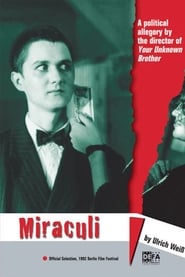 A group of young people draws...
A group of young people draws...Miraculi 1992
A group of young people draws straws to see who'll steal some cigarettes. With this theft, Sebastian starts a bizarre, symbolic odyssey through a sclerotic world, in search of himself and of truth and justice. When he tries withdrawing from one social paradigm, he finds himself caught in another.
 The war is over and soldier...
The war is over and soldier...Bearskin 1986
The war is over and soldier Christoffel has no prospects for the future and no money. He doesn't know what to do, so he meets the devil. He offers him a pact: Christoffel's pockets are always full of money, but he is not allowed to wash, cut his hair or nails for seven years and he is not allowed to sleep in a bed. If he doesn't keep to all these things, he will be forever devoted to the devil. Christoffel accepts the condition. Relieved of his worries about the future, Christoffel sets off. However, he soon becomes lonely. Society avoids him; he is dirty, unkempt and smelly. He only finds a place to stay in prison. He pays off the debts of a goldsmith, which wins him the heart of Katarina, the goldsmith's daughter. However, Christoffel is aware of his appearance and leaves her. After seven years, he is finally cleansed by the devil himself and returns to her as a well-groomed man.
 The merchants daughter Constanze begs her...
The merchants daughter Constanze begs her...The Prince Beyond the Seven Seas 1982
The merchant's daughter Constanze, begs her father to ask a lion for a favor. Her father approaches the lion who agrees to his request with one condition: that he send the first person he meets upon his return home to the lion's den. It is Constanze. Against her father's will she goes to the lion and discovers that he is an enchanged prince and that only a woman's love can release him from the spell.
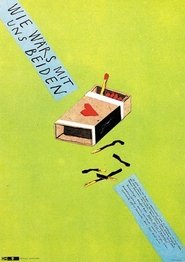 In three episodes about six people...
In three episodes about six people...Wie wär's mit uns beiden 1981
In three episodes about six people, the film takes on the topics of relationships, difficult social engagements , and love in the German Democratic Republic.
 The school authorities want to read...
The school authorities want to read...Der Direktor 1980
The school authorities want to read success stories in director Joachim Faber's reports. But they cannot simply be produced on an assembly line. Pupils, for example, use the wrong tone. The matter draws circles until the superiors finally talk about refusal to work. Director Faber is caught between the efforts to resolve the conflict with pedagogical means and the pressure from above.
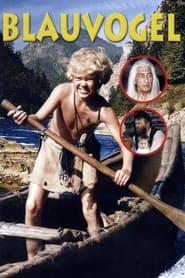 In the middle of the 18th...
In the middle of the 18th...Blue Bird 1979
In the middle of the 18th Century, the Ruster family immigrates to America. The father, a former farm laborer, leads a hard life as a settler along with his family. One day the nine year-old George, his second-youngest son, is kidnapped by Iroquois. He is taken in by an Indian family in the place of a deceased son and receives the name "Blue Bird." The boy has homesickness and difficulties accustoming to the customs of the Indians.
 A young woman does everything she...
A young woman does everything she...Amor holt sich nasse Füße 1978
A young woman does everything she can to catch the eye of her chosen one. In the end, she even goes into the water - wearing a diving suit. A cheerful underwater love story for GDR television, which also casually promotes the diving section of the pre-military Society for Sport and Technology in the GDR.
 Robert and Jutta see each other...
Robert and Jutta see each other...Die Julia von nebenan 1976
Robert and Jutta see each other every morning on the S-Bahn, although only on trains running in opposite directions, and take a liking to each other. They give each other little signs that increasingly become declarations of love. One day, they each decide to get off at the station in question and walk to the other. However, they miss each other, and as Jutta then changes schools, they lose sight of each other. A coincidence later brings them together again. It is the first great love for both of them, with all its ups and downs. The joys and problems of their everyday lives alternate with scenes from William Shakespeare's drama "Romeo and Juliet", which Jutta is reading at her vocational school.

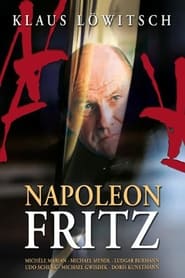


 An adaptation of Theodor Storms novella...
An adaptation of Theodor Storms novella...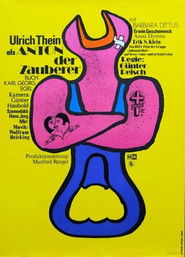 A flamboyant comedy about love work...
A flamboyant comedy about love work...
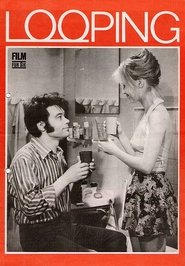 The thirty year old bee is...
The thirty year old bee is...